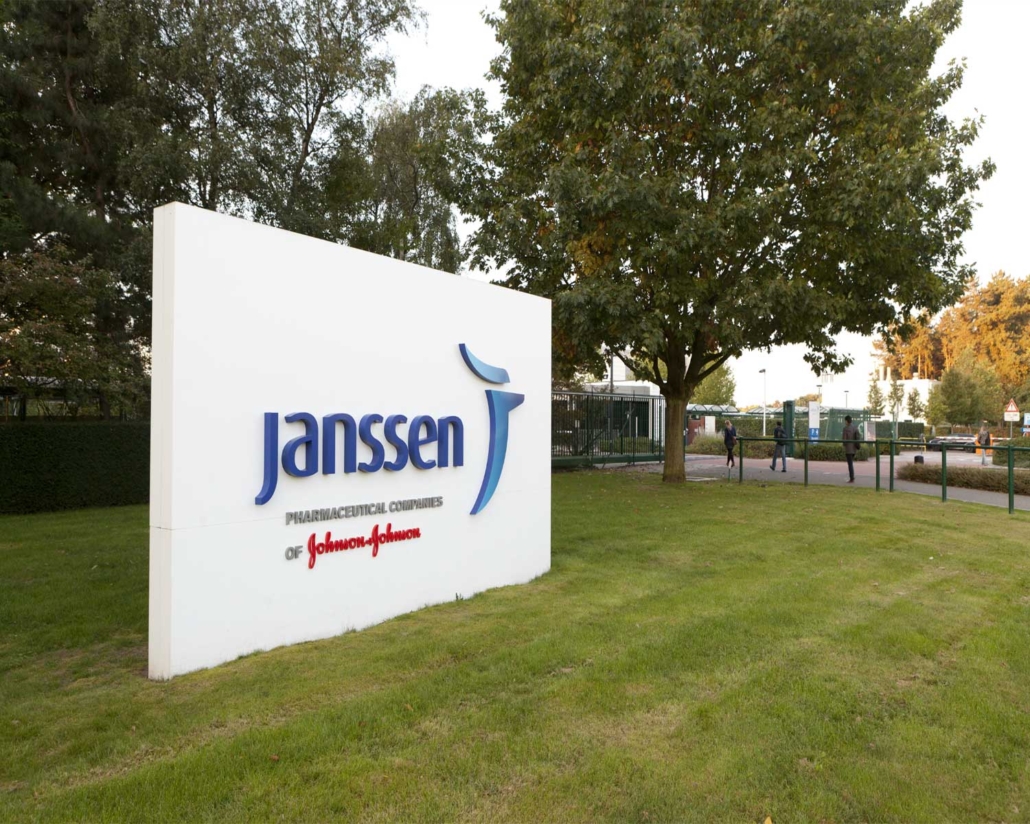
Psoriasis: FDA approves guselkumab
The Food and Drug Administration has granted US market approval to Janssen Biotech/MorphoSys' IL23 blocker guselkumab (Temfya) as therapy for moderate to severe psoriasis.
The authorisation triggered an milestone payment from Janssen Biotech, Inc. to MorphoSys AG (Martinsried, Germany), which had discovered and licenced the first ever approved IL23-blocking antibody to treat moderate to severe plaque psoriasis to the US company. The approval of the immunosuppressive antibody, which will be sold under the tradename Tremfya, comes after an expedited regulatory review following application of an FDA Priority Review Voucher.
In the pivotal studies VOYAGE 1 and VOYAGE 2, the subcutanously administered antibody proved to be superior to standard of care (adalimumab) in PASI 90 after 16-48 weeks of treatment. Improvements were also demonstrated in psoriasis involving the scalp and in symptoms of plaque psoriasis including itch, pain, stinging, burning and skin tightness at week 16. MorphoSys announced its partner Janssen will commence marketing of the drug in Q3/2017.
Psoriasis is a chronic skin disorder characterised by epidermal hyperproliferation and dermal inflammation that vary in severity. It affects about 2-3% of the global population, making it one of the most prevalent autoimmune diseases worldwide, and can be associated with other inflammatory conditions, such as psoriatic arthritis, inflammatory bowel disease and coronary artery disease.
GlobalData estimates the psoriasis market to grow from currently US$7.5bn to US$13.3bn by 2024. GlobalData’s analyst Nikhilesh Sanyal predicts that recently approved immunosuppressive antibody drugs such as guselkumab or Eli Lilly’s IL-17 blocker ixekizumab annual sales might exceed US$1bn. However, the psoriasis market is crowded, with other biologics such as Sun Pharma’s IL23p19 blocker tildrakizumab and AstraZeneca/Valeant’s (NYSE: VRX) brodalumab, which, however, had been linked to suicidal thoughts. Furthermore, outgoing patent protection for J&J’s infliximab, Abbvie’s adalimumab, and Amgen’s etanercept has triggered development of several biosimilars, which may come with a significant pricing advantage.


 Bayer AG
Bayer AG
 Picture from Ferdinand Stöhr on Unsplash
Picture from Ferdinand Stöhr on Unsplash